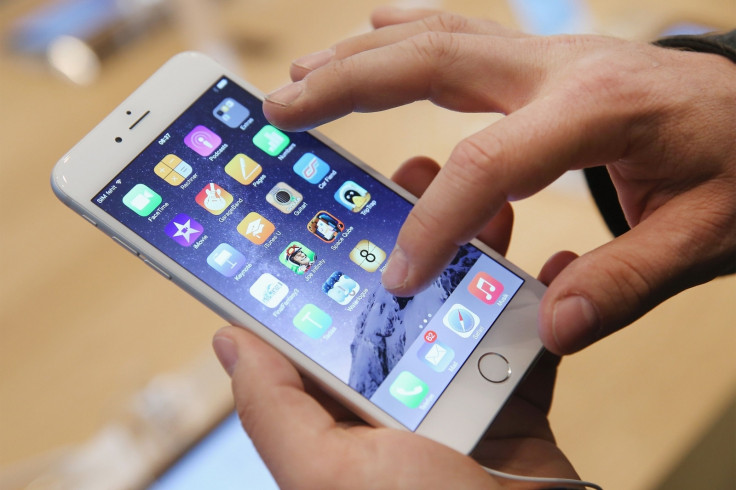Apple patents method to secretly call 999 using sequence of fingerprints
Apple's patent would allow iPhone users to call emergency services by tapping on the lock screen.

Apple has designed a patent that will enable users to secretly call 999 (or 911 in the US) from their iPhones using their finger prints.
The US Patent and Trademark Office has published a patent for a "touch processing module" that can process input on a touch screen to detect fingerprints and translate a specific finger sequence into a command.
"A mobile phone may prominently display instructions for contacting '911' or other emergency services in a way that bypasses password entry or login screens. However, when a user utilises a mobile phone to contact emergency services in this way, that fact that he is doing so can be readily apparent to someone watching his actions," Apple writes in the patent.
"Thus, in a situation where the device owner is forced to unlock or otherwise use his phone by an assailant, contacting emergency services in the conventional manner may not be practical."
So, for example, if the user taps their smartphone screen with their baby finger, then their ring finger, then their baby finger again, this pattern could act as a secret code to ask the smartphone to silently dial emergency services.
The mere act of pressing the Touch ID fingerprint scanner button on the iPhone could also act as a signal to call for help, but only if a pre-determined "911 finger" was used.
Once the pattern has been recognised by the iPhone, it would then call for emergency services and provide the dispatcher with the user's geographic location, as well as streaming live audio or video from the device.
In September 2016, with the watchOS 3 update, Apple introduced the Emergency SOS feature for the Apple Watch to make it easier for users to get help. However, the feature has made it much easier for users to call 999 or 911 by accident, so consumer tech sites have started posting How To guides to help users turn the feature off.
© Copyright IBTimes 2025. All rights reserved.






















